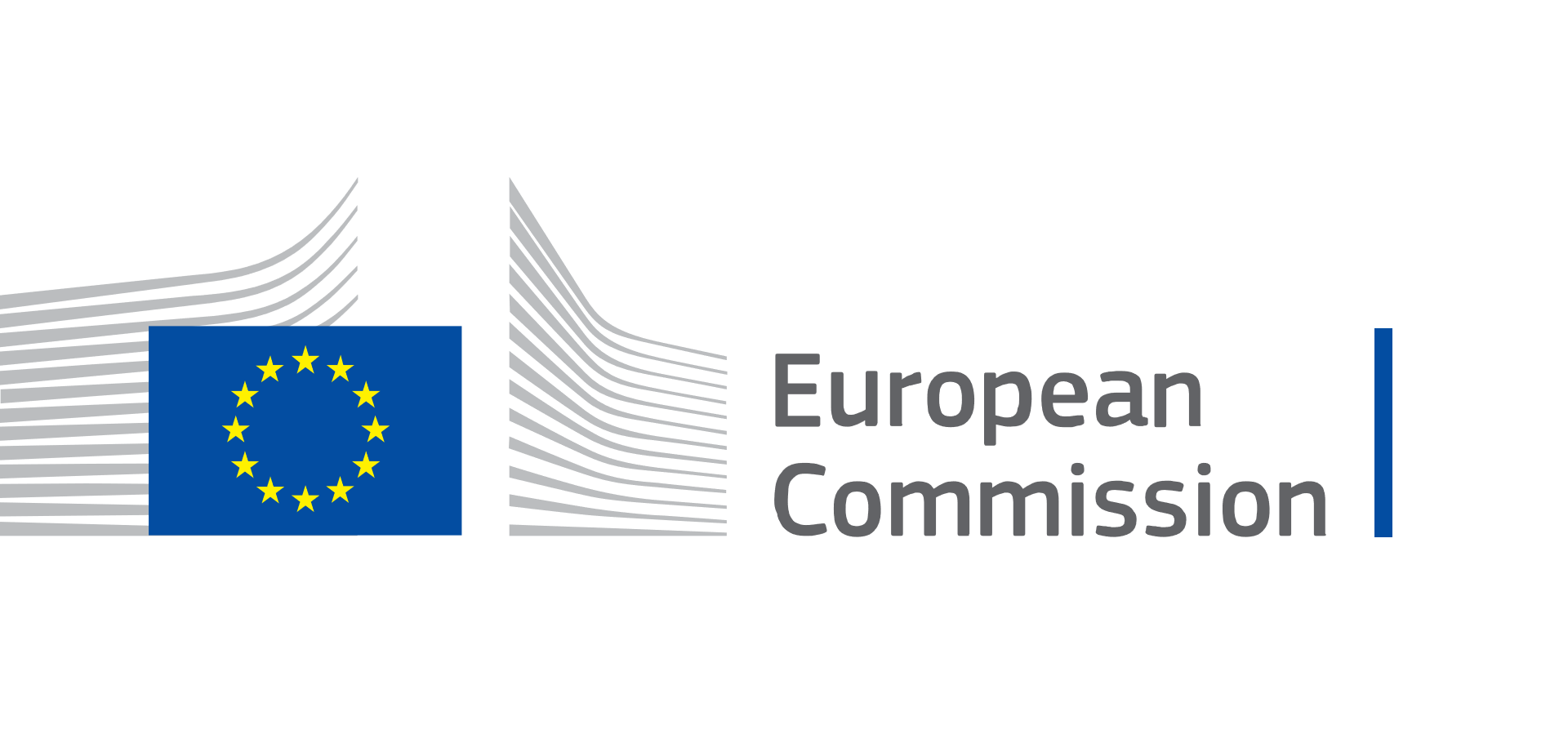Ametlikud Teadaanded now uses machine translation
Ametlikud Teadaanded started using machine translation based on neural networks for translating the website into English. Neural machine translation is a translation technology solution that can learn based on completed translations and their corrections, thereby improving the quality of translation over time.
The main reason behind this step is to allow English-speaking people to understand notices to make sure that also foreigners on companies’ management boards and foreign creditors understand information on this site. This solution ensures a better business environment and openness of the state’s actions as well as savings on translation expenses.
To use this machine translation the user must select “ENG” on the upper right-hand side of the page. To search notices in English, the selection must be made before any search.
Only notices in Estonian are authentic and have legal effect. It is also important to note that machine translation does not substitute for translation made by a translator where such translation is needed in official affairs. Texts created by machine translation are for information purposes only.
Machine translated texts may be incorrect but since machine translation is capable of learning the quality of translations will improve over time. The publisher of Ametlikud Teadaanded monitors the quality of machine translated texts and corrects them as necessary.
The launch of machine translation on the website of Ametlikud Teadaanded was financed by the European Commission to the extent of 80%. Development partners were Tilde Eesti OÜ and Inversion OÜ. The launch of machine translation was the last stage of the insolvency information accessibility project. As part of the same project, which started in 2017, an insolvency information search was added to the home page of Ametlikud Teadaanded; this option allows an easy and quick search for bankruptcy and debt restructuring notices.
This insolvency project was funded by the European Union’s Justice Programme (2014-2020).
